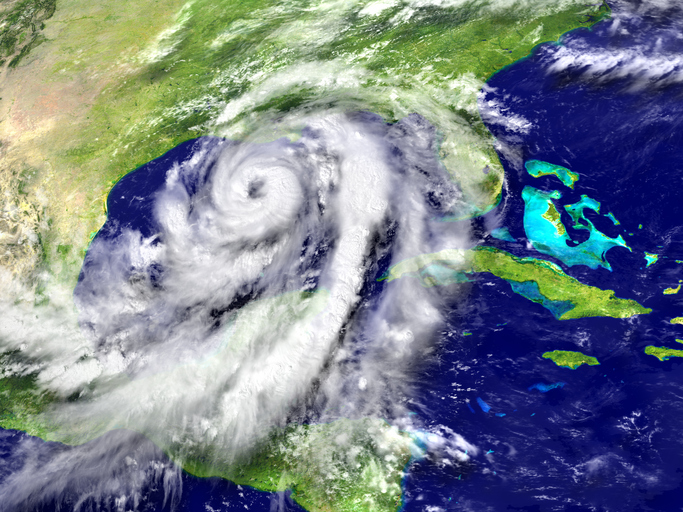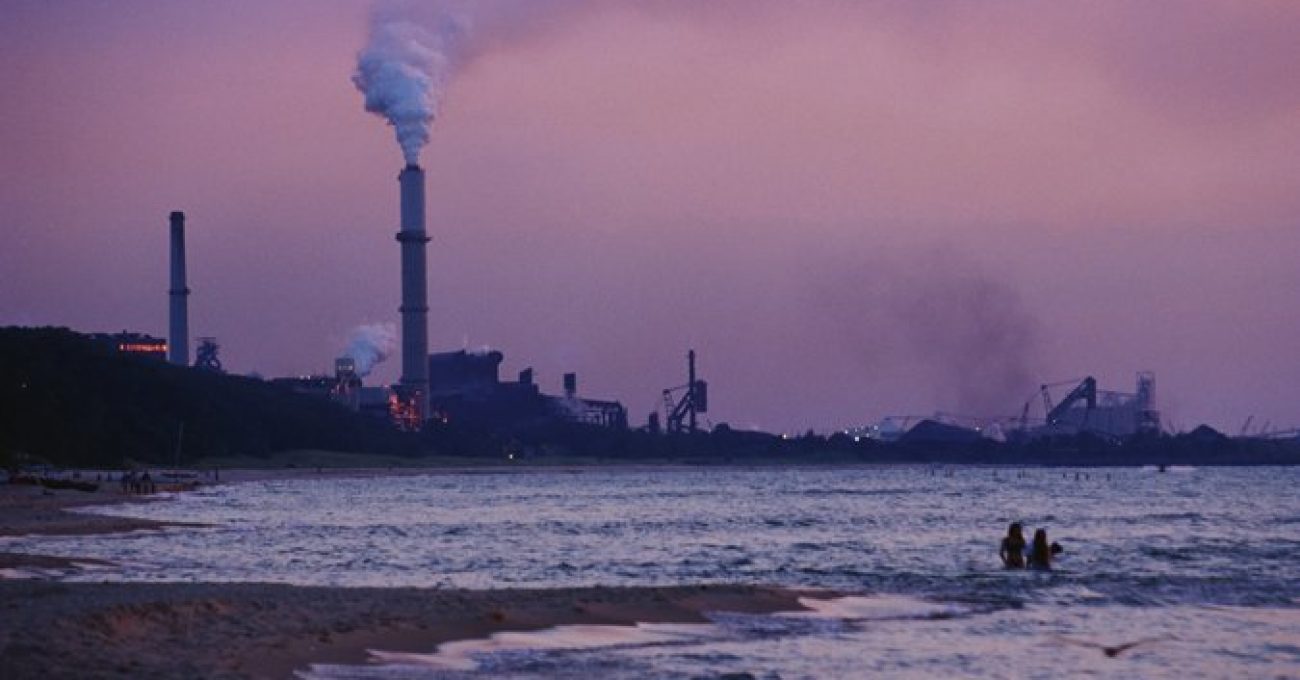How Are Climate Change Affecting Our Oceans?
In the last couple of years, the general public has become more aware of climate change. They have an incredible and irreversible impact on the oceans and marine life. Considering that salt water covers the 2/3 of earth’s surface, global warming affects the oceans in a way that can damage the entire human population. These massive bodies of water absorb heat and carbon dioxide, and the physical impact of climate change is now visible and dramatic. So, we are going to present you how climate change is affecting our oceans and creating a death zone.
Rising sea levels
This is probably the most common consequence of global warming. Polar ice caps are melting continuously, making seas to rise and putting coastal areas in danger. At some point in the future, they will be permanently flooded. This situation is very harmful to estuaries, the grass in them provides protection and natural defense. The rising sea levels will drown these wetlands and costs will be in jeopardy. The scientists are already predicting the disappearance of some coastal lines and famous island from the map.
Weather patterns are changing
Ocean temperatures cause any significant weather events, and the currents called the gyres act as conveyors belts, carrying storms and weather patterns around the world. Every time the currents change, the weather shifts. This particularly affects the humans because the warmer ocean becomes, the stronger tropical storms are, which later turn into hurricanes. The last year was devastating for the U.S. coastline. The hurricanes took lives, destroyed

homes and cities and people are still recovering. But, storms don’t only hurt people, but also a marine life because changing weather patterns are damaging migrating species of fish and birds.
Migration patterns are changing
Due to high temperatures of oceans, specific schools of fish are now moving to the areas where they were unable to survive. But if the fish moves, the fishing boats will move as well, and this becomes a problem. The schools of fish will not be able to create their natural habitat. The ships will bring the pollution with them and continue to deplete the recourses in the surrounding areas.
Bleach of coral reefs
When the water around coral reef gets hot, the coral releases algae that turns it white. Coral and algae are intimately connected, and they depend on each other. But, significant release of algae can lead to coral reef death and with its death come severe consequences that affect the entire marine life. The ocean loses massive ecosystem that carries vast diversity. For years, scientists have been warning population about the Great Coral Reef and its intinction. But, no significant actions have been taken, unfortunately.
Ph level is increasing
Following the situation with coral reefs, another significant problem that can climate changes cause is the ocean acidification. The oceans absorb ¼ of annual CO2 release and other greenhouse gases. While some think this is useful because it reduces the pollution of the land, the seawater is becoming gradually acid over the time. This process will not only damage coral reefs, but also the creatures that depend on them. Many species use calcium carbonate to form their shelves and skeletons. But studies have found that calcium carbonate formation is disturbed when the water becomes acid.

